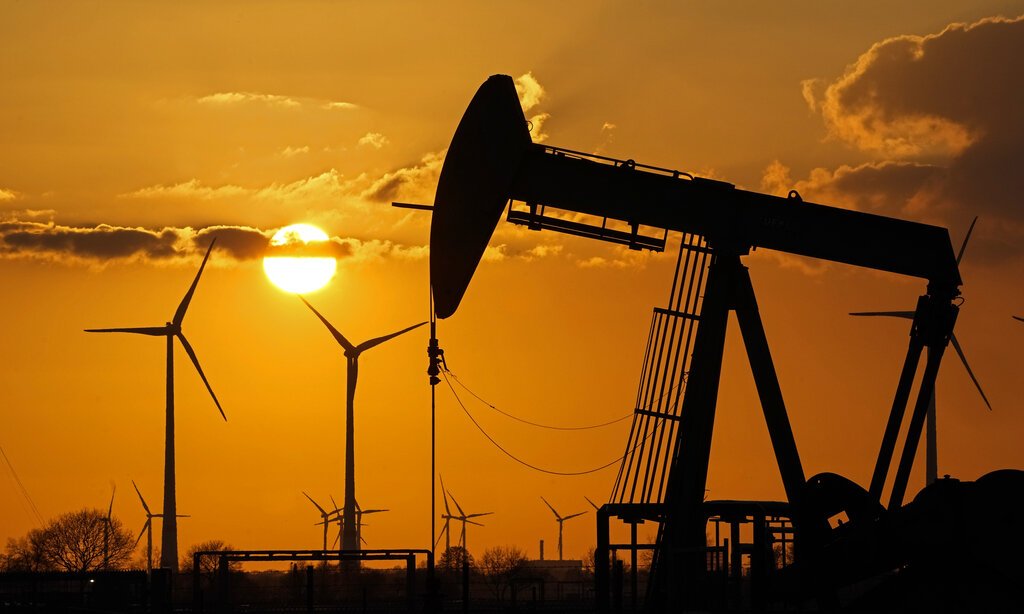Dear Editor,
The energy crisis is causing shockwaves across the globe, from Europe to Asia, and Pakistan is no exception. As we know, Pakistan is allegedly an energy-insecure nation, due to a shortage of energy production to meet the country’s expanding demand during the past few decades. However, the nation is having trouble paying for energy imports mainly oil & gas, since its foreign exchange reserves are running low.
According to the latest weekly inflation data, diesel and petrol prices have risen by 103% and 81% respectively. The Pakistan Bureau of Statistics (PBS) disclosed the significant increase in prices of essential items over the past year based on the Sensitive Price Indicator (SPI). The working and middle classes in Pakistan are struggling to perform their daily household or work-related chores and are forced to purchase expensive LPG cylinders as a result of the abrupt increase in petrol costs and power outages caused by limited gas.
The ongoing energy crisis has also had a significant negative impact on the manufacturing sector. The electrical shortage has had a detrimental effect on Pakistan’s significant textile industry, which accounts for 60% of the country’s exports and sells everything from denim to bed linen to markets in the US and Europe. The textile industry is in a dire state, according to Qasim Malik, vice president of the Sialkot Chamber of Commerce.
According to Shazia Anwar Cheema, Pakistan might face an extremely challenging and disastrous winter as a result of the lack of long-term energy management strategies by policymakers. Senior Authorities should take this issue seriously and offer workable answers so that it can benefit the vast majority of Pakistan’s population and immediately resume regular petrol and gas deliveries, no matter what the reason.
Raaia Hussain
Karachi, Pakistan
